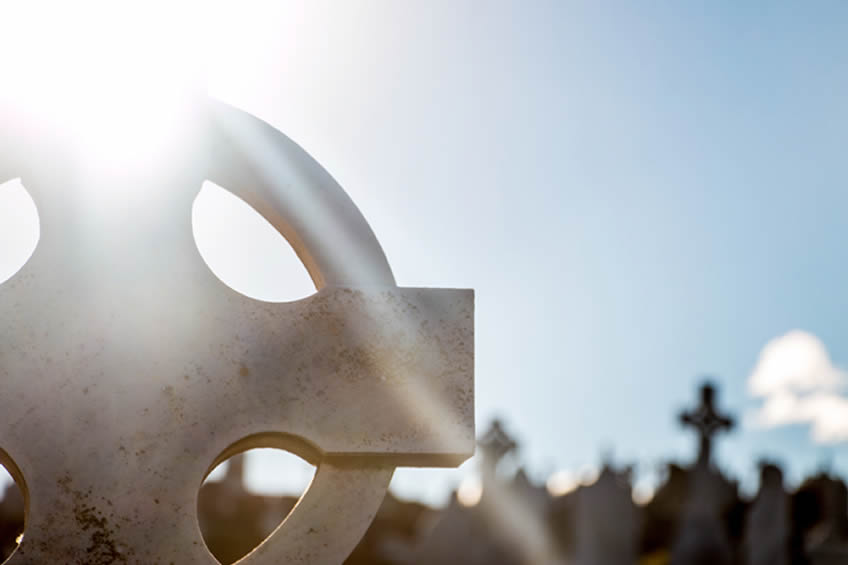Though many faiths from around the world rely on the same principles in order to send their dead into a peaceful afterlife, the rites and traditions vary from religion to religion.

Though many faiths from around the world rely on the same principles in order to send their dead into a peaceful afterlife, the rites and traditions vary from religion to religion.
Why do funeral rites matter?
Funeral rites are important because they show respect for the dead. They also give that person's loved ones a chance to mourn and express their grief. Many people feel that expressing their grief in a formal way is an important part of the healing process. In some religions, these rites are also believed to be necessary in order to ensure that the person makes it to the afterlife successfully.
Christian funeral rites
In some forms of Christianity, a priest or minister will come to the person's bedside as they are dying in order to help them prepare for death. In the Roman Catholic faith, a priest will also anoint that person with holy oil in order to get them ready to pass on. This is known as Last Rites.
In Christianity, a person who has died is placed in a coffin. In some instances, this coffin will be left open, giving friends and relatives a chance to say their goodbyes. This coffin is then taken to the church where the funeral will take place. During this time, the clergy will offer comforting words, as well as thoughts about what that person meant to those who loved them. In Roman Catholicism, there will be a special Eucharist called a Requiem Mass, where people say prayers for the deceased's soul.
Buddhist rites
It is traditional for a Buddhist to be cremated after they die. Prior to the cremation process, a white cloth is often offered to the relatives of the dead. The deceased person will be outfitted in simple clothing, and the service itself should be peaceful and simple too. In many instances a monk will perform the Buddhist rites, though family members may also preside over the services themselves.
Muslim rites
In Islam, people believe that a person's life does not end after death. Therefore, those who honor the dead spend a significant amount of time praying for a happy eternal life for that individual. Muslims bury the deceased as soon as possible, thereby avoiding having to use methods of preservation. Cremation is forbidden. When someone dies in the Islamic faith, family members and community members wash the body and cover it in a clean, white cloth. The deceased is then taken to the funeral location, which is typically outdoors.
Jewish rites
During a traditional Jewish burial, the body is washed and purified, and then placed in burial clothes. Burial must occur as soon as possible after death, and cremation is typically not an option. The person who has passed is wrapped in a sheet and a prayer shawl. Once prayers are said, the mourners in attendance step forward and add a shovel full of soil into the grave.